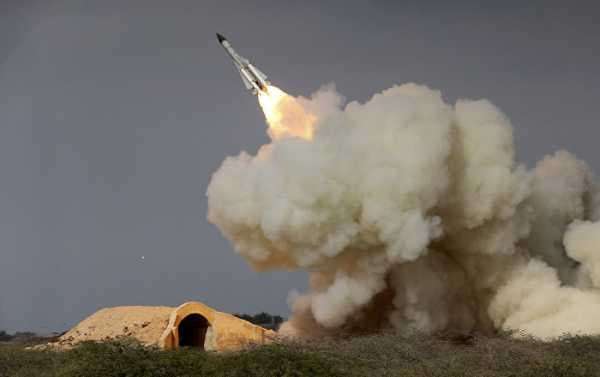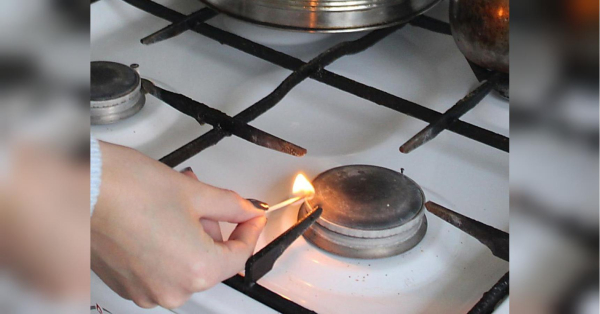
The United States earlier accused Iran of launching a medium-range ballistic missile capable of carrying multiple warheads, despite the fact that the UN Security Council’s resolutions and the Iran nuclear deal ban Tehran from any activities related to the development of ballistic missiles.
A senior Iranian military official confirmed that Tehran test-fired a medium-range ballistic missile on December 1, a move that sparked backlash from Washington, London, and Paris.
“We are continuing our missile tests, the recent [test] was very important”, Commander of the Islamic Revolution Guards Corps Aerospace Force Brig. Gen. Amir Ali Hajizadeh said on Tuesday, as cited by the Fars news agency.
His statement came after Secretary of State Mike Pompeo claimed on December 1 that Tehran had carried out a test of a medium-range ballistic missile capable of carrying mulptiple warheads, which can hit “parts of Europe and anywhere in the Middle East”, and called on Iran to stop its reported activities.
US Special Envoy for Iran Brian Hook urged the European Union to slap sanctions on the the Islamic Republic. He went on to blame Iran for allegedly supplying the missiles to “its proxy forces” in Yemen, Lebanon, and eslewhere in a bid to destabilise the whole region.
Tehran has insisted that it is in full compliance with the 2015 nuclear agreement, and that it has never planned to make missiles capable of carrying nuclear warheads. A spokesman for Iran’s Foreign Ministry said that the reported missile tests were aimed at ensuring the country’s defence. Earlier this month, Iranian Armed Forces spokesman Abolfazl Shekarchi said that the military would continue its missile testing without asking any other countries for permission.
The 2015 Iran nuclear deal, formally known as the Joint Comprehensive Plan of Action (JCPOA), curtailed Iran’s nuclear programme in exchange for relieving it from crippling economic sanctions.
Notwithstanding Washington’s unilateral exit from the Iran nuclear deal in May, Tehran and other signatories to the landmark 2015 accord remained committed to it. Fellow signatories Russia, China, France, Germany, and the United Kingdom as well as the European Union condemned the US withdrawal, while the International Atomic Energy Agency has stressed that Iran remains in full compliance with the accord.
The United Nations Security Council’s Resolution 2231, which endorsed the JCPOA, urged Iran “not to undertake any activity related to ballistic missiles designed to be capable of delivering nuclear weapons, including launches using such ballistic missile technology”.
Sourse: sputniknews.com






